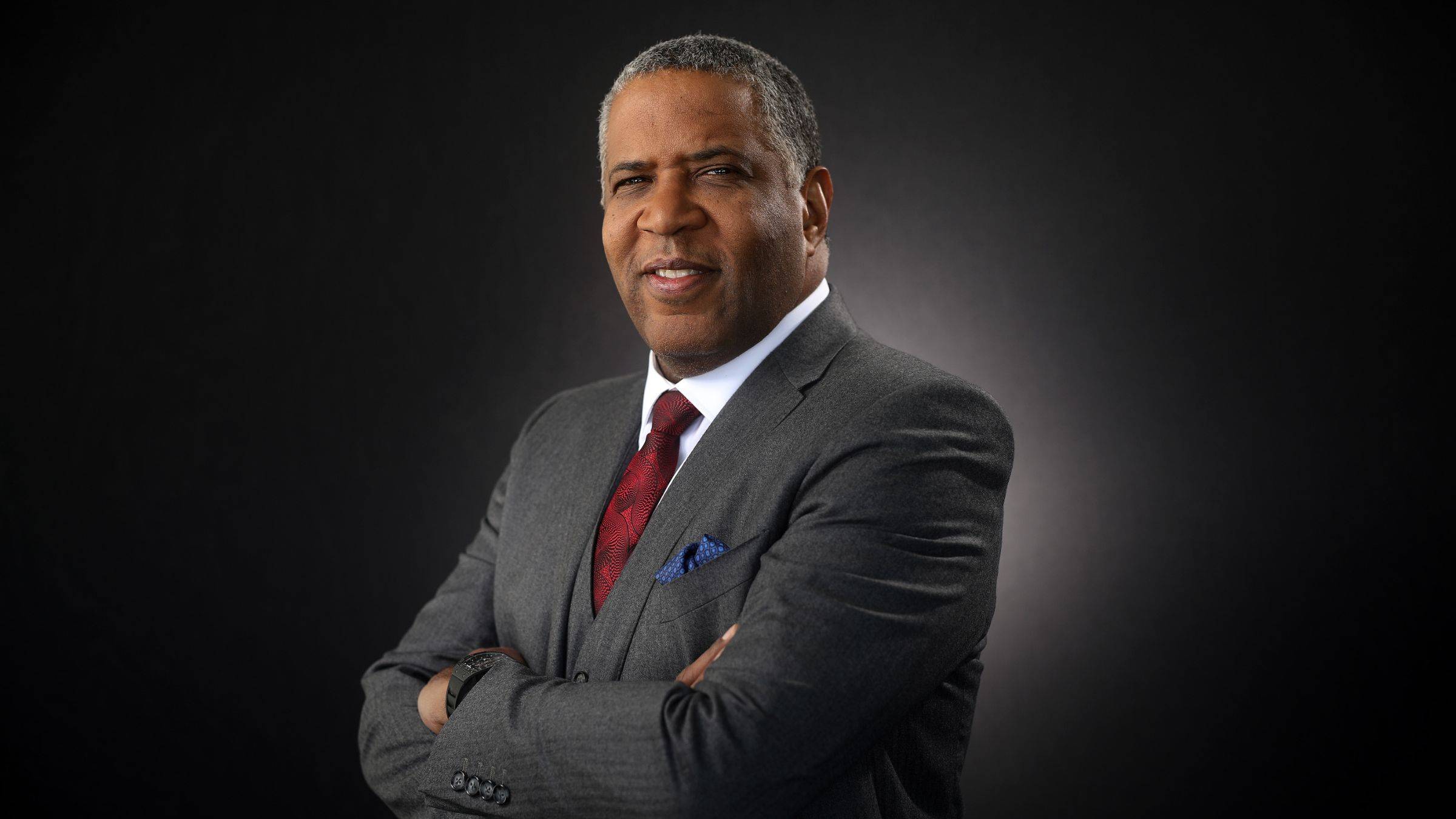Use of Temps May no Longer Signal Permanent Hiring
WASHINGTON – It's not the signal it used to be.
When employers hire temporary staff after a recession, it's long been seen as a sign they'll soon hire permanent workers.
Not these days.
Companies have hired more temps for four straight months. Yet they remain reluctant to make permanent hires because of doubts about the recovery's durability.
Even companies that are boosting production seem inclined to get by with their existing workers, plus temporary staff if necessary.
I think temporary hiring is less useful a signal than it used to be," says John Silvia, chief economist at Wells Fargo. "Companies aren't testing the waters by turning to temporary firms. They just want part-time workers.
The reasons vary. But economists and business people say the main obstacle is that employers lack confidence that the economic rebound has staying power. Many fear their sales and the overall economy will remain weak or even falter as consumers spend cautiously.
Companies also worry about higher costs related to taxes or health care measures being weighed by Congress and statehouses. That's what Chris DeCapua, owner of employment firm Dawson Careers in Columbus, Ohio, is hearing from clients.
DeCapua says corporate demand for temporary workers has surged. That's especially true for manufacturing-related jobs involving driving forklifts, assembling products, packing merchandise and loading it on trucks.
Yet that demand hasn't spilled over into a demand for permanent workers. And DeCapua doesn't see it turning around anytime soon.
There is so much uncertainty, and when there is uncertainty, people and companies hold onto their checkbooks," DeCapua says.
Companies "don't want to hire permanent workers and then have to turn around and get rid of them six months later," he says.
DoubleStar Inc., a human resources firm based in West Chester, Penn., hired two temp workers recently to join its 60-person staff. CEO Harry Griendling says in normal times he would have hired two permanent employees.
But Griendling has doubts about the strength of the recovery. He's not ready to absorb the risk and cost of adding permanent staff.
When I look ahead for the next three to four months, all I see is murkiness," Griendling says.
For years, economists have regarded increased hiring of temp workers as a bridge between no hiring and healthy job creation. It meant employers would soon expand their permanent payrolls to keep up with rising customer demand.
After the 1990-1991 recession, for instance, gains in temporary hiring starting in August 1991 led almost immediately to stepped-up permanent hiring. And after the 2001 recession, temporary hiring rose for three straight months in the summer of 2003. By September, employers were adding permanent jobs each month.
Now, because this recovery seems more tepid and fragile than previous rebounds, temporary hiring may have lost its predictive power, economists say.
I think a lot of it is manufacturing," says Mark Zandi, chief economist at Moody's Economy.com. "It may be that manufacturers are relying more on temps than in the past because they are more unsure about the ongoing demand for what they produce.
Employers added a net 52,000 temp jobs in January — the fourth consecutive month of gains. Over that time, total U.S. jobs shrank by 106,000. Employers have managed to boost productivity by squeezing more work out of their existing staffs.
For the unemployed, temporary jobs provide a paycheck at a time when the unemployment rate remains near double digits. Still, these jobs generally offer few or no benefits.
Some of the jobless see temporary work as providing a foothold at a desirable employer. Yet it seems far from certain these days that a temp job will lead to permanent work.
Allen Moore, 26, said a temporary job was all he could find last fall after more than six months of unemployment. Jobs disappeared last year around his hometown of Peoria, Ill., after manufacturer Caterpillar Inc. cut thousands of positions.
Moore landed a temporary job in September through a staffing agency. He wanted a permanent position. But he found none. He earns $9 an hour making pallets and boxes for FCA Manufacturing in nearby Princeville.
He said he took the job with the hope that he'd be hired as a permanent employee within about three months. The three months have come and gone.
Moore figures the company is waiting for orders to increase before it expands its long-term payroll.
They think it's going to pick up," he says. "I hope it does.
_____
AP Business Writers Christopher S. Rugaber and Christopher Leonard contributed to this report.





